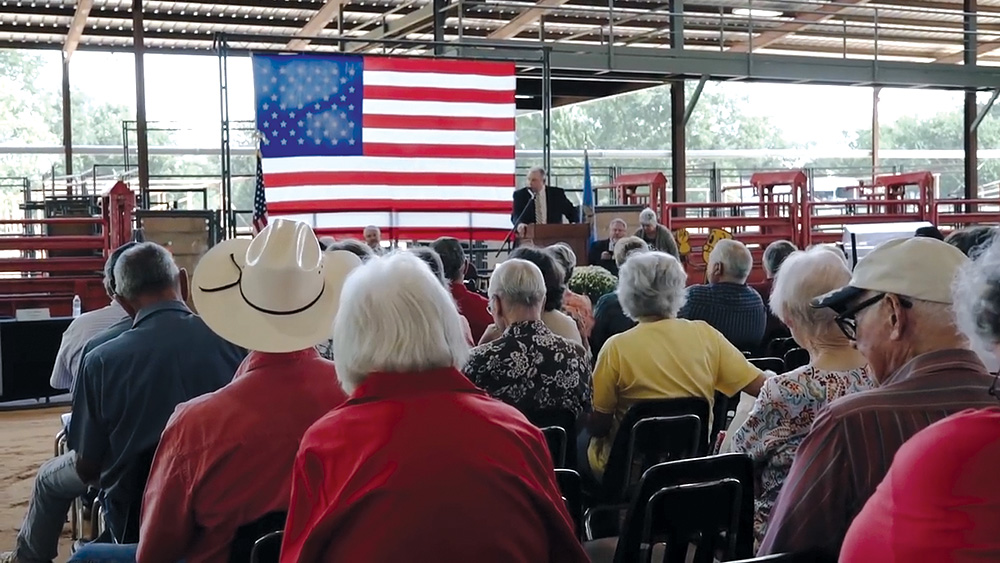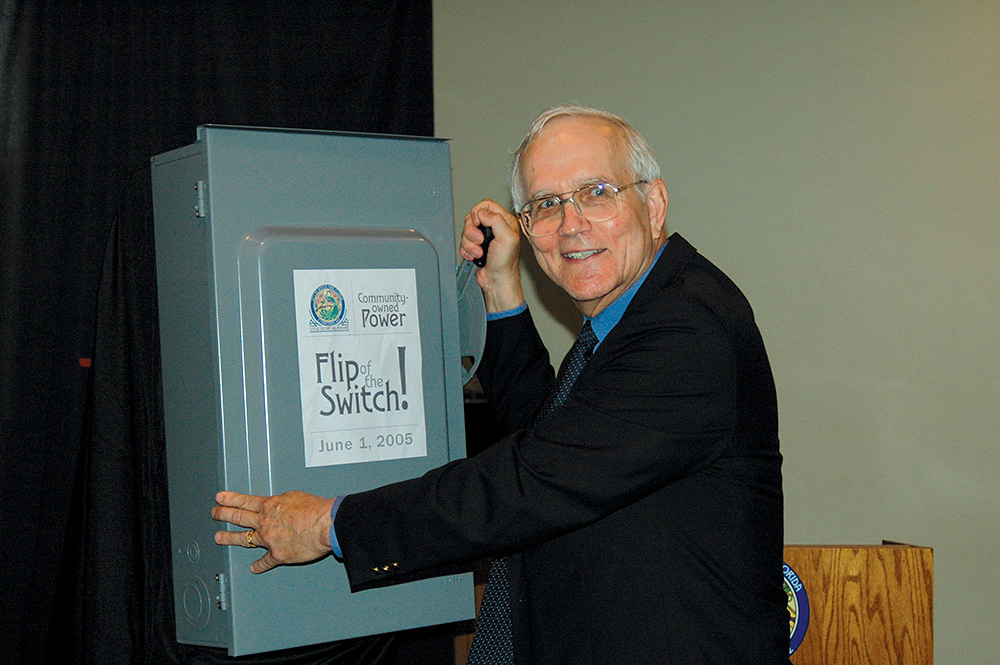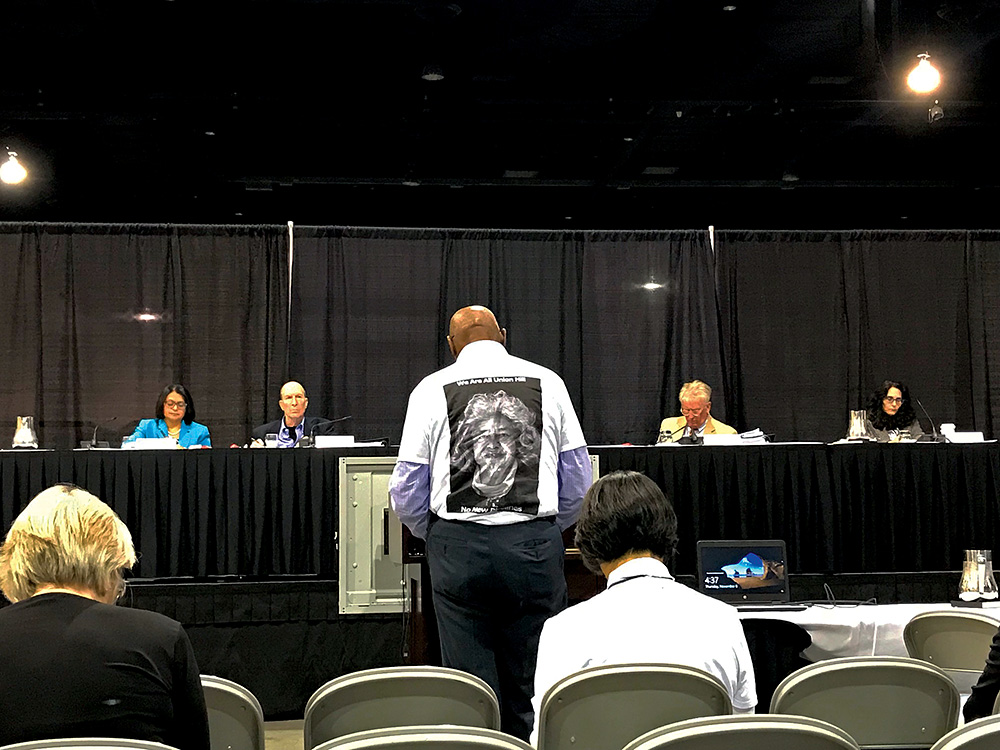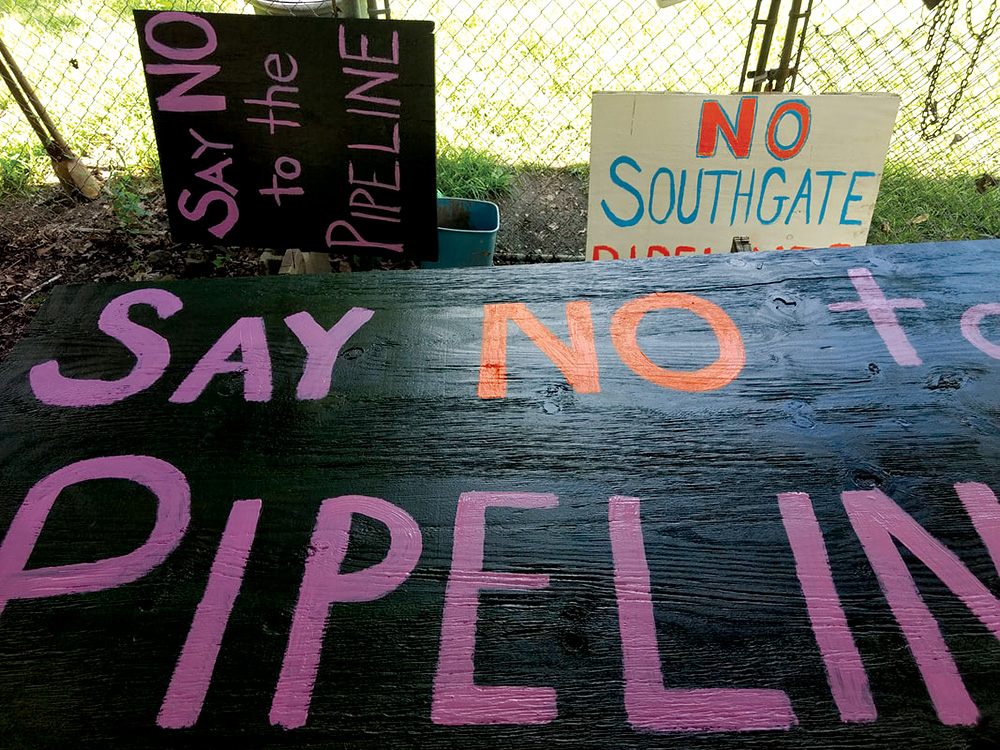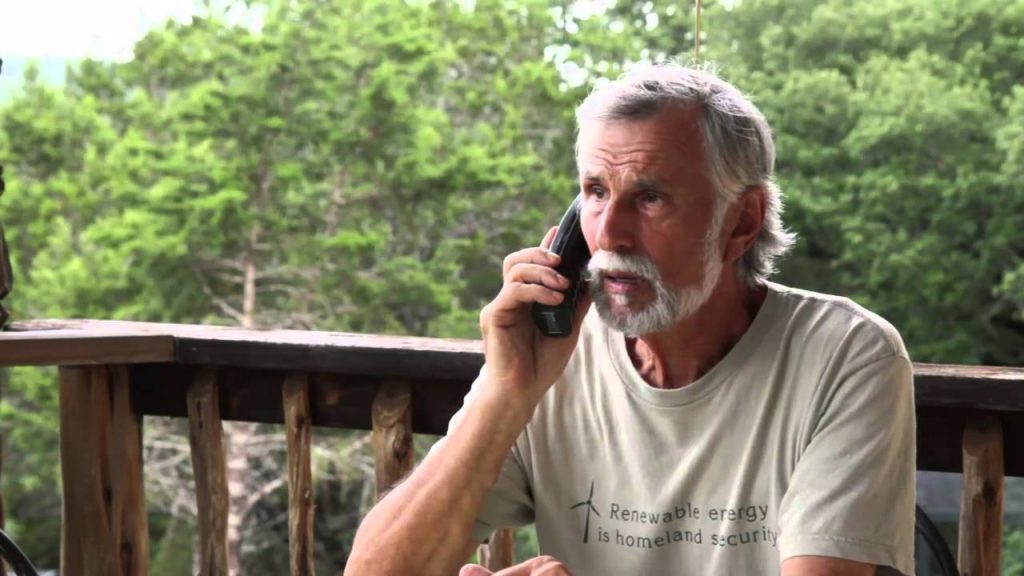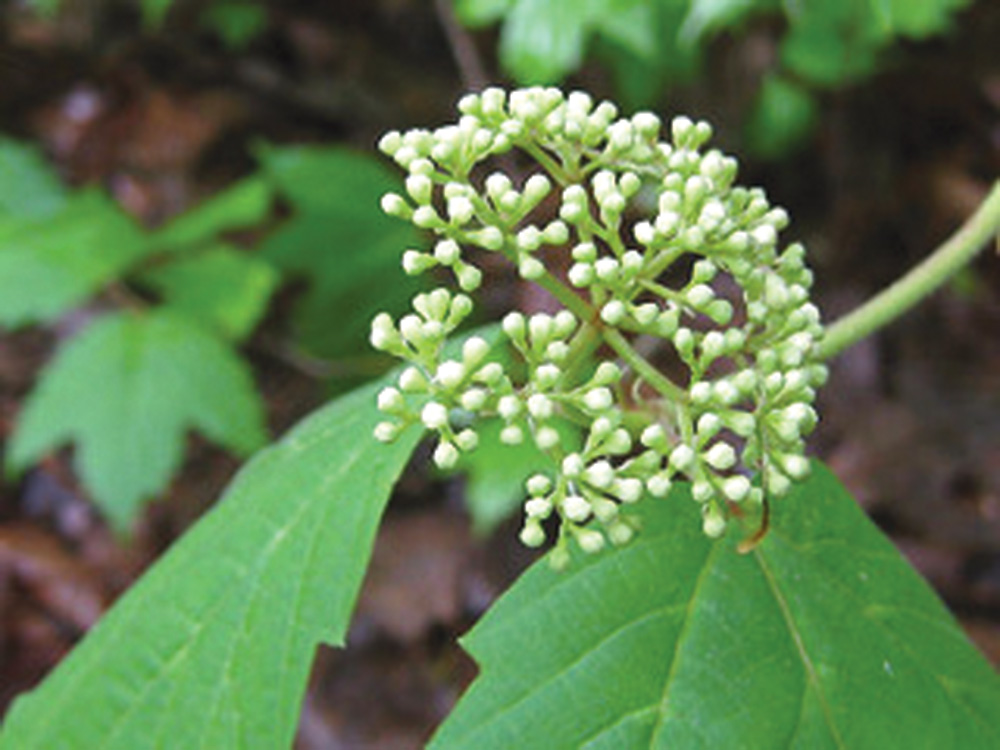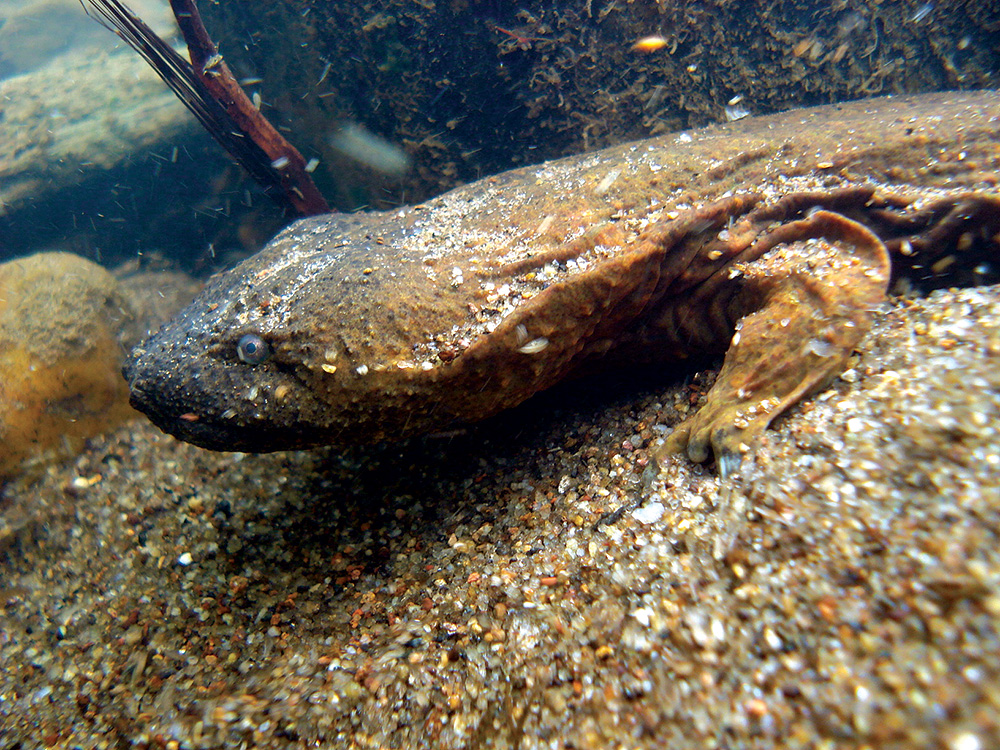2018 — December/January
Members of Choctaw Electric Continue to Reform Their Co-op
Deep-seated corruption at an Oklahoma electric cooperative spurred several member-owners to organize a campaign for reform.
Read MoreForming a Municipal Utility
Some cities and counties like Winter Park, Fla., have terminated their contracts with commercial utilities and formed municipal, publicly owned utilities instead.
Read MoreAdvocates Increase Powell Valley Electric Co-op Member Participation
A citizens group is calling for transparency at their electric cooperative, and helped to generate the second-largest voter turnout in recent history at the co-op’s annual meeting.
Read MoreVirginia Governor Alters Air Board Before Crucial Vote
The air board members Gov. Northam removed in mid-November had spoken critically of a compressor station needed for Dominion Energy’s Atlantic Coast Pipeline project. A vote is now delayed pending a new public comment period.
Read MoreMountain Valley Pipeline Southgate Files for Federal Approval
The 73-mile expansion of the controversial fracked-gas Mountain Valley Pipeline into North Carolina has drawn criticism from residents and regulators alike.
Read MoreReformers Uncover Corruption, Bring Change to Pedernales Co-op
Poor solar policies led members of the nation’s largest electric co-op to investigate the board and file a class-action lawsuit.
Read MoreIt’s An Invasion
Researchers and other individuals are tracking the invasive plants and beetles that are edging out and harming native plant species in Appalachia.
Read MoreTracking Elusive Creatures
Volunteers are searching for an endangered bumblebee and using game cameras to spot local wildlife.
Read MoreDocumenting Environmental Changes
Citizen scientists use a mobile app to monitor seasonal life cycle phases of plants and animals along the Appalachian Trail, and use drones to monitor the habitats of Eastern hellbender salamanders.
Read MoreMicroplastics Flood Tennessee River Watershed
A team of scientists and volunteers surveyed the Tennessee River and found massive amounts of broken-down plastics, which aren’t regulated by the U.S. Environmental Protection Agency.
Read More
